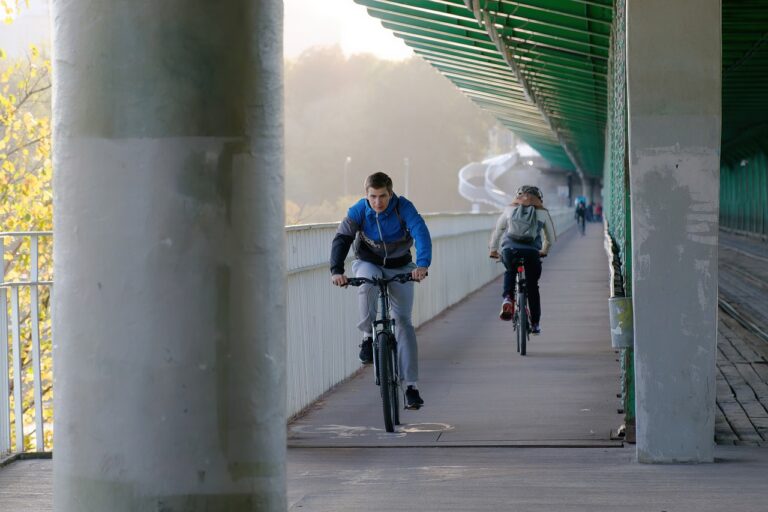Eco-Friendly Parenting: Raising Children with Environmental Awareness in Lifestyles
Instilling environmental awareness in children from a young age can have numerous positive impacts on their development. By teaching children about the importance of taking care of our planet, we are helping them develop a sense of responsibility and empathy towards the environment and all living beings. This early exposure also helps children to understand the interconnectedness of nature and how their actions can have both positive and negative effects on the world around them.
Moreover, instilling environmental awareness in children can lead to a greater appreciation for the natural world. As children learn about the beauty and complexity of nature, they are more likely to develop a sense of wonder and curiosity about the world around them. This can foster a lifelong love for the environment and a desire to protect and preserve it for future generations.
Encouraging sustainable habits in daily routines
Teaching children about the importance of sustainable habits in their daily routines plays a crucial role in shaping their behavior towards the environment. By incorporating simple practices like reducing water wastage while brushing teeth or turning off lights when leaving a room, children learn to respect and conserve valuable resources. These small actions not only foster a sense of responsibility but also contribute significantly to promoting sustainability within households.
Furthermore, instilling sustainable habits from a young age helps children develop a deeper understanding of how their actions impact the environment. Engaging them in activities such as recycling paper, plastic, and glass items establishes a foundation for long-term environmental consciousness. Encouraging children to be mindful of their consumption patterns and waste generation empowers them to make informed choices that support sustainability and eco-friendliness in their daily lives.
Teaching children the importance of conservation
One of the key ways to impart the importance of conservation to children is by involving them in practical activities that showcase the impact of their actions on the environment. For instance, engaging them in recycling projects or visiting local conservation centers can help them grasp the concept of preserving natural resources. By providing these hands-on experiences, children are more likely to develop a connection to the environment and understand the significance of conservation efforts.
Furthermore, incorporating discussions on conservation into daily conversations with children can help reinforce the message. Whether it’s talking about reducing waste, saving energy, or protecting endangered species, these conversations can instill a sense of responsibility and stewardship towards the environment in children from a young age. By making conservation a regular topic of discussion, children can learn to appreciate the interconnectedness of all living beings and the importance of safeguarding the planet for future generations.
Why is it important to teach children about conservation?
Teaching children about conservation helps instill a sense of responsibility towards the environment from a young age. It also helps them understand the importance of preserving natural resources for future generations.
How can parents encourage sustainable habits in their children’s daily routines?
Parents can encourage sustainable habits by involving children in activities such as recycling, composting, and reducing water and energy consumption. They can also lead by example and explain the reasoning behind these habits.
What are some benefits of instilling environmental awareness in children?
Instilling environmental awareness in children can lead to a greater appreciation for nature, improved critical thinking skills, and a sense of empowerment to make positive changes in the world. It can also help children develop empathy and a sense of responsibility towards the planet.
How can teachers incorporate lessons on conservation into their curriculum?
Teachers can incorporate lessons on conservation by including topics such as biodiversity, climate change, and waste management in their curriculum. They can also organize field trips to nature reserves or environmental organizations to provide hands-on learning experiences for students.







